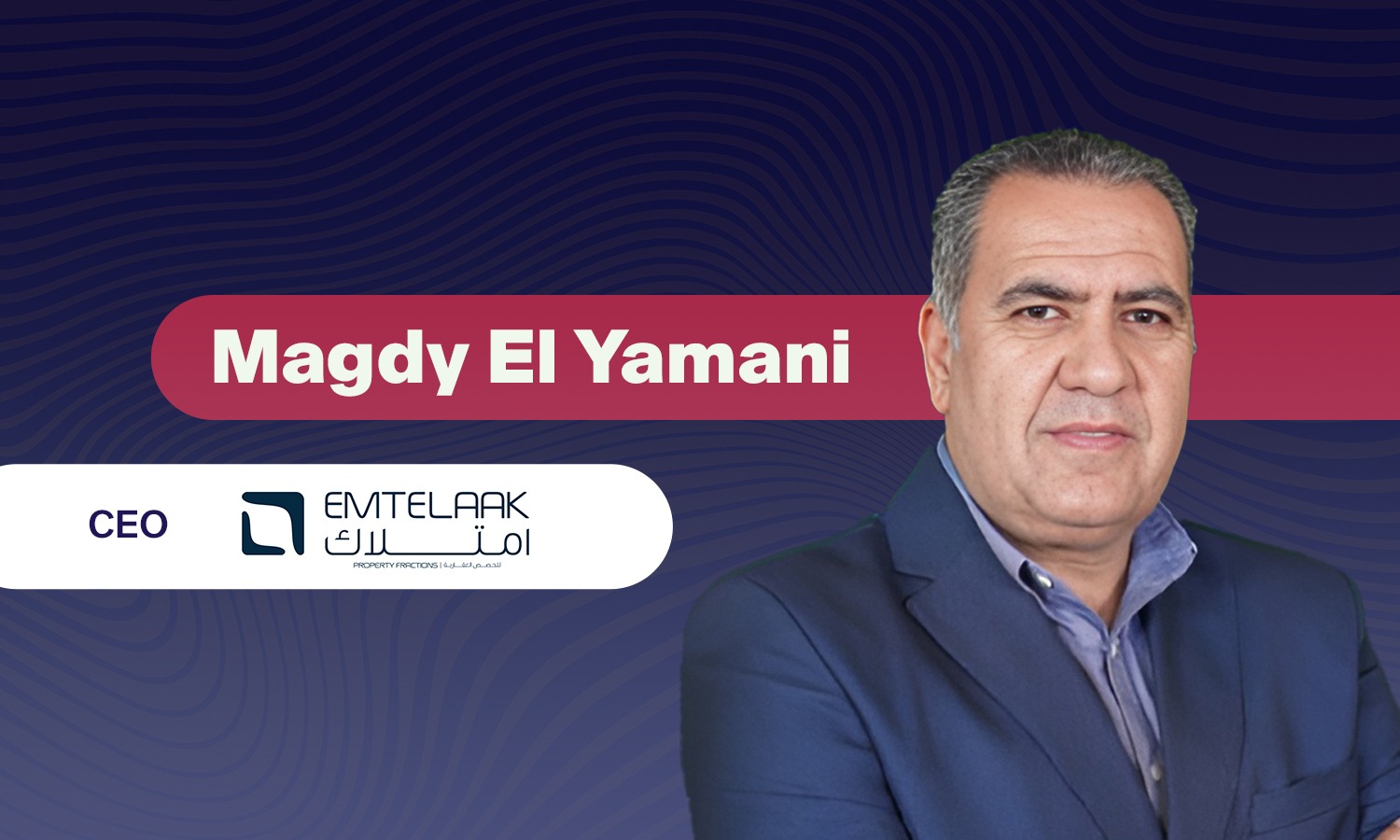A Sustainable Future: Egypt’s Textile Recycling Projects Lead the Way
Updated 5/6/2025 8:00:00 AM
Egypt is taking decisive steps toward industrial sustainability and green economic growth with the launch of two major textile recycling projects. As global textile consumption rises and environmental challenges intensify, the country’s foray into large-scale recycling supports Egypt Vision 2030 goals.
These initiatives also enhance its competitiveness in international markets capitalizing on abundant local raw materials, a strategic geographic location, and robust trade partnerships
New Projects Scope
By the end of April 2025, Prime Minister Mostafa Madbouly witnessed the signing of a shareholders' agreement to create two companies focused on producing polyester fiber and synthetic felt using recycled plastic and textile waste. This comes as a part of Egypt’s efforts to promote a green economy and enhance industrial sustainability.
Backed by foreign investments totaling EGP 1.7 billion, the two projects will be set up at Misr for Industrial Silk and Polyester Stable Fiber Company (Misrayon) in Kafr El-Dawwar, Beheira Governorate.
Utilizing European technology, these projects will recycle industrial waste to produce high-quality, sustainable polyester fiber and synthetic felt. They are anticipated to lower carbon emissions, generate jobs, and enhance Egypt's global market position by increasing local production and exports.
The first project, with an investment of EGP 1.1 billion, will produce 30,000 tons of polyester fiber annually from recycled plastic waste. The second project, with a total investment of EGP 600 million and EGP 400 million in capital, will produce 30,000 tons of synthetic felt per year from recycled textile waste.
Guaranteed Returns, Market Opportunities
The new projects are poised to significantly contribute to the Egyptian economy through export revenue and substantial annual sales. The first project is anticipated to export 80% of its production, with approximately EGP 800 million in projected annual sales, supported by a capital investment of EGP 1 billion. Meanwhile, the second project is set to export 52% of its output, generating estimated annual sales of around EGP 230 million.
Mustafa Gaber, an economic researcher, tells Arab Finance: “Investing in the recycling sector, particularly in the recycling of fabric, plastic, and textile waste, offers guaranteed returns and profitability. The raw materials are readily available and almost cost-free.”
“Furthermore, the presence of funding of this magnitude, coupled with the extensive experience of Misrayon, adds to the factors of the project's success, especially given the size of the local market and proximity to international markets,” Gaber points out.
For her part, Eman Taher Sakr, Assistant lecturer in the Textile Engineering Department at BUC’s School of Applied Arts, highlights Egypt’s potential to lead in sustainable textile and plastic recycling. She tells Arab Finance: “Egypt can capitalize on the newly signed projects to become a leader in sustainable textile and plastic recycling in the region.”
“The country can enforce stricter regulations on textile and plastic waste management and highly monitor the application of them. It can also set waste management strategies with experts, invest in advanced recycling infrastructure, promote public-private partnerships (PPPs) and foreign investment, enhance research and innovation, and build consumer awareness and market demand,” Sakr adds.
The projects can pave the way for ‘Made in Egypt’ sustainable textiles, commanding premium pricing, while advanced technology can drive competitive positioning in the global polyester market, according to Sakr.
Additionally, Sakr explains: "European chemical recycling technologies, such as depolymerization, can produce recycled polyester (rPET) that meets virgin fiber quality standards. This enables Egyptian manufacturers to compete in high-value markets like activewear and luxury textiles.”
She adds that innovation and technology can further lead to cost efficiency, saying: “Automated sorting and recycling systems reduce reliance on imported raw materials, cutting production costs by 20–30% and insulating Egypt from volatile petrochemical prices.”
Egypt's Opportunity in Sustainable Textile Recycling
As the fashion industry evolves, it faces pressing environmental challenges that demand urgent action and innovative thinking. "The textile industry stands at a critical juncture, where waste management has become both an urgent challenge and an opportunity for innovation,” Sakr says.
“With the fashion industry generating 4% of global waste, the scale of the problem requires immediate attention and systematic solutions," she adds.
Textile recycling is a necessity for the country’s sustainability goals in the upcoming year. Global textile consumption is projected to reach 102 million tons by 2030. With the escalating volume of textile waste, recycling becomes an increasingly critical imperative, not only for environmental sustainability but also for economic viability.
Textile recycling offers significant benefits, including reduced landfill demands, lower water and energy consumption, decreased pressure on natural resources, and a diminished need for manufacturing chemicals. This ultimately lead to lower industrial operating costs, according to Rafael Candido's book 'Fundamentals of Natural Fibers and Textiles'.
On Egypt’s potential in this sector, Gaber notes: “The two projects, backed by technical expertise and substantial funding, present a significant opportunity for Egypt’s industry in sustainable plastic and textile recycling. This sector has become a fertile ground attracting investments from numerous companies, especially in a country like Egypt.”
“Egypt possesses all the necessary elements for success in this industry, starting with the availability of raw materials, including vast quantities of plastic and textile waste, whether from old clothes or factory remnants,” Gaber adds.
This comes as Egypt has a massive local market of over 100 million people, with a strong demand for clothing products and other related goods, as per to Gaber. “Beyond its local potential, Egypt’s distinguished geographical location and existing trade agreements and partnerships support the global competitiveness of its products and their access to international markets.”
Moreover, she illustrates an example, saying: “Compared to Southeast Asia, Egyptian factories are much closer to European markets. This entails lower transportation costs and insurance expanses, while ensuring a shorter delivery time for Egyptian products. These projects position Egypt as a regional hub for sustainable textiles and plastics recycling.”
Egypt's strategic investment in these two major textile recycling projects signifies a powerful commitment to a sustainable industrial future. By leveraging readily available resources, advanced European technology, and its strategic regional and international position, Egypt is poised to reap significant economic and environmental rewards.
These projects are far from being isolated ventures. They lay the groundwork for a thriving circular economy within the textile sector, reinforcing Egypt’s role as a burgeoning regional hub for sustainable recycling.
Related News












